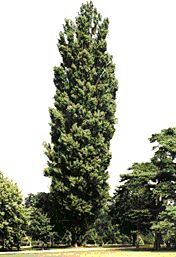Adaptations in sexual reproduction - What environmental changes make sex advantageous?

Host-parasite arms race
Sex is more likely to be advantageous if environments change rapidly: the problem is to work out how environments could possibly be changing rapidly enough. It is not difficult to believe that environments might change fast enough to make sex advantageous every few hundred years; but how could they be changing fast enough to make it advantageous every generation?
A recent, promising suggestion is that the coevolution between parasites and hosts may generate fast enough environmental change to make sex advantageous in the short term. The “environment” here, for the parasite, is the host's resistance mechanism and, for the host, the parasite's method of penetrating its defences.
Several authors have suggested that parasite-host coevolution may be important in the maintenance of sex. The theory can be made more exact by a simple model. It is known that in some parasite-host relationships there are gene-for-gene matching systems such that one host genotype is adapted for resisting one parasite genotype, another host genotype for another parasite genotype, and so on. The best understood example is from wheat and parasitic rusts; similar selection may operate in the human leucocyte antigen system.
The image opposite is of the European poplar tree which reproduces asexually. Research suggests that these trees are prone to far more parasitic insults (from aphids and fungi) than similar, sexually reproducing species.
| Next |



